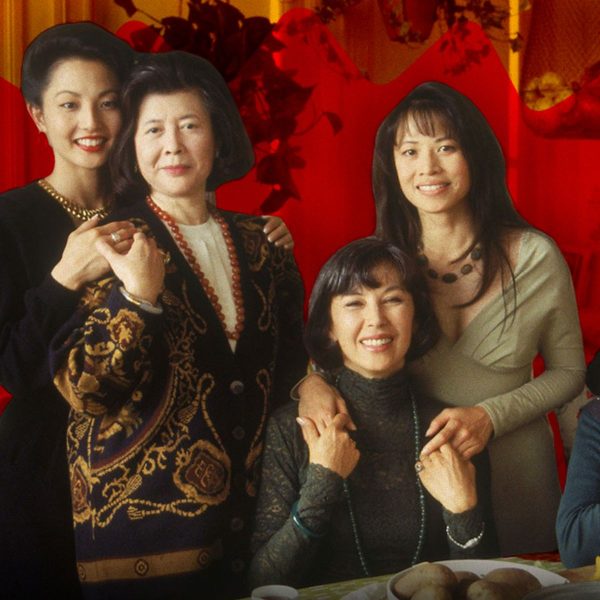The Wichitan’s Song of the Week: “Nina Cried Power”
Hozier gives thanks those that have fought systemic oppression in the music industry, 2018. Photo courtesy of Rubyworks Records.
Welcome back to this week’s edition of the Wichitan’s Song of the Week. Still in celebration of Black History Month, this week’s pick is “Nina Cried Power” by Irish-born singer-songwriter Hozier and American rhythm and blues and gospel singer Mavis Staples. Released Sept. 6, 2018, as the lead single of his 2019 studio album “Wasteland, Baby!,” “Nina Cried Power” is a thank-you song to all the men and women in the music industry that have fought against systematic oppression. It is also a reminder to continue fighting oppression anywhere it may be. Following the activistic themes of his first studio album, “Wasteland, Baby!” expanded on Hozier’s goal to effectuate change through music and “Nina Cried Power” was a great way to begin.
Born in Bray, County Wicklow, Ireland, Andrew John Hozier-Byrne, is an award-winning and world-recognized singer-songwriter best known for his 2013 debut single “Take Me to Church.” Since the release of “Take Me to Church,” Hozier’s career has been filled with nominations, awards and record-breaking achievements like being the first artist in Grammy history to be nominated for Song of the Year with a debut single in 2015. In conjunction with being a worldwide phenomenon, Hozier is best known for using music to fight for marginalized communities worldwide. In collaboration with Chicago-born civil rights activist and singer-songwriter Mavis Staples, Hozier released “Nina Cried Power” as a congratulatory anthem to the many historic artists that have furthered the idea of activism through music.
“Nina Cried Power” is my favorite song from both the album and Hozier’s discography as a whole. In “Nina Cried Power,” Hozier and Mavis Staples both sing about the power of protest and activism. They talk about the important role that music plays and has played in activism through history. They also give thanks to prominent figures in the music industry that have fought against systematic oppression. Some examples of these prominent figures are Nina Simone, Billie Holiday, Mavis Staples, Marvin Gaye, Bob Dylan and more. Lastly, the song is a tribute to American R&B singer-songwriter, Nina Simone and her hit single, “Sinnerman.”
As stated in previous editions of the Song of the Week, lyricism is an important aspect of any song and Hozier and Mavis Staples understood that when writing “Nina Cried Power.” Hozier’s songwriting abilities have been highly praised, recognized and awarded. In “Nina Cried Power,” the singers use literary devices like repetition and metaphor to relay and reinforce the themes of the song. My favorite lyric in the entire song is:
“It’s not the song, it is the singin’
It’s the heaven of the human spirit ringin’
It is the bringin’ of the line
It is the bearin’ of the rhyme
It’s not the wakin’, it’s the risin’”
Activism was and is a vital aspect of any movement, especially the civil rights movement. Activism through music is a powerful way to influence people and Hozier solidifies that in “Nina Cried Power.” The song is a great listen and a great tribute to a prominent person in Black history.

















